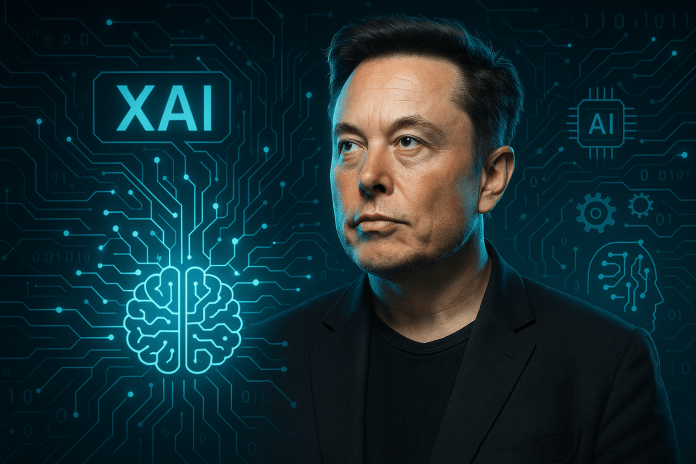Elon Musk’s artificial intelligence venture, xAI, adopted a fragmented approach to the European Union’s newly unveiled generative AI Code of Practice, announcing it will endorse solely the safety and security chapter while rejecting segments on transparency and copyright.
The company, responsible for the Grok AI chatbot accessible via Musk’s social media platform X, criticised the discarded components as containing requirements “profoundly detrimental to innovation,” singling out the copyright stipulations as “clearly over-reach.”
This partial endorsement arrives amidst deepening fractures within the tech sector regarding adherence to the EU’s voluntary framework, designed to streamline compliance with the bloc’s landmark AI Act. The Code, segmented into three distinct chapters, delineates measures for providers of general-purpose AI models concerning transparency, copyright adherence, and safety and security protocols.
By signing the safety chapter, xAI commits to implementing processes identifying and mitigating potential safety and security risks emergent from its models, aligning partially with obligations applicable under the AI Act to advanced models exhibiting systemic risk.
xAI’s selective backing starkly contrasts with positions adopted by other industry titans. Earlier on Thursday, Microsoft formalised its signature on the entire Code. Nanna-Louise Linde, a Microsoft representative, confirmed the move, framing it as an effort “to further build trust in Microsoft AI models” and demonstrate compliance with EU law, albeit noting the AI Act’s complexity would “benefit from simplification.”
Similarly, Google confirmed its signature earlier this week, despite vocalising lingering concerns that aspects of the legislation might impede innovation. OpenAI, Anthropic, and European entities Mistral and Aleph Alpha have also signalled their intent to adopt the Code.
Meanwhile, the social media giant Meta, led by Global Affairs Chief Joel Kaplan, declared unequivocally it “won’t be signing,” lambasting the Code for introducing “legal uncertainties” and measures “which go far beyond the scope of the AI Act.”
Kaplan warned the approach would “throttle the development and deployment of frontier AI models in Europe.” Meta’s defiance aligns with earlier industry appeals, supported by companies like Airbus and Mercedes-Benz, urging a two-year postponement of the AI Act’s implementation, a plea the European Commission ultimately dismissed.
The European Commission will publicly list signatories on 1 August, one day before core obligations for general-purpose AI providers under the AI Act formally take effect.
